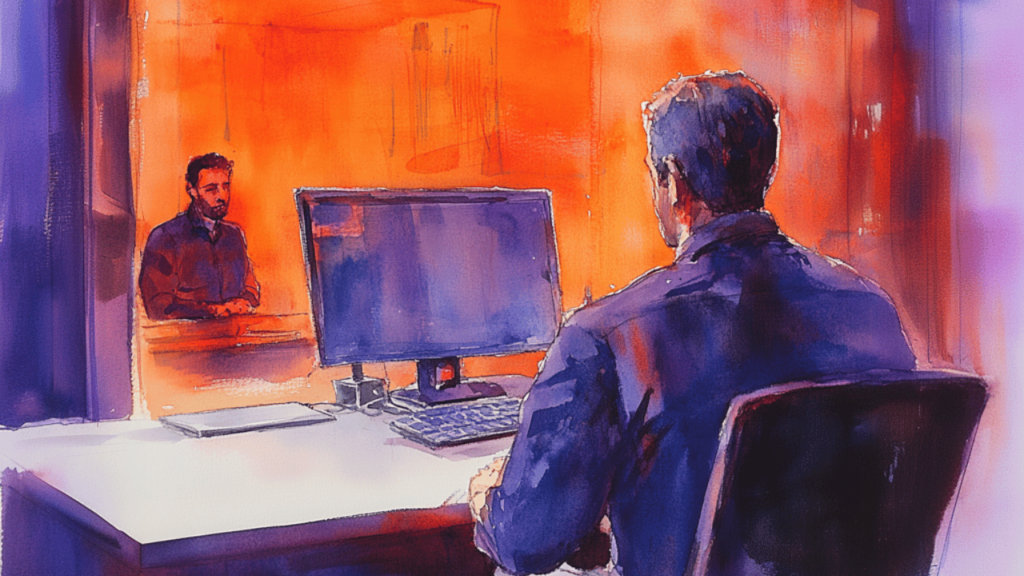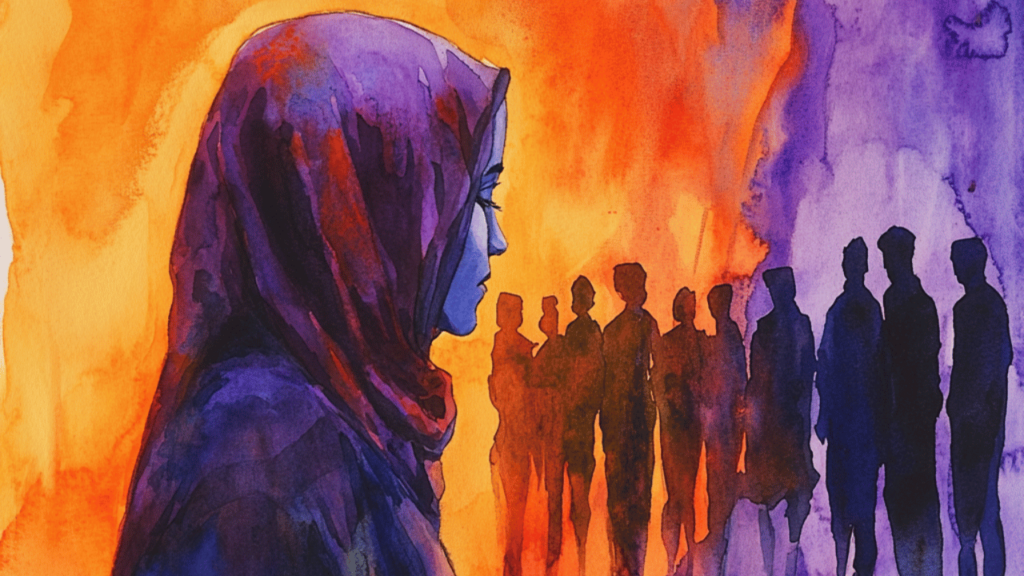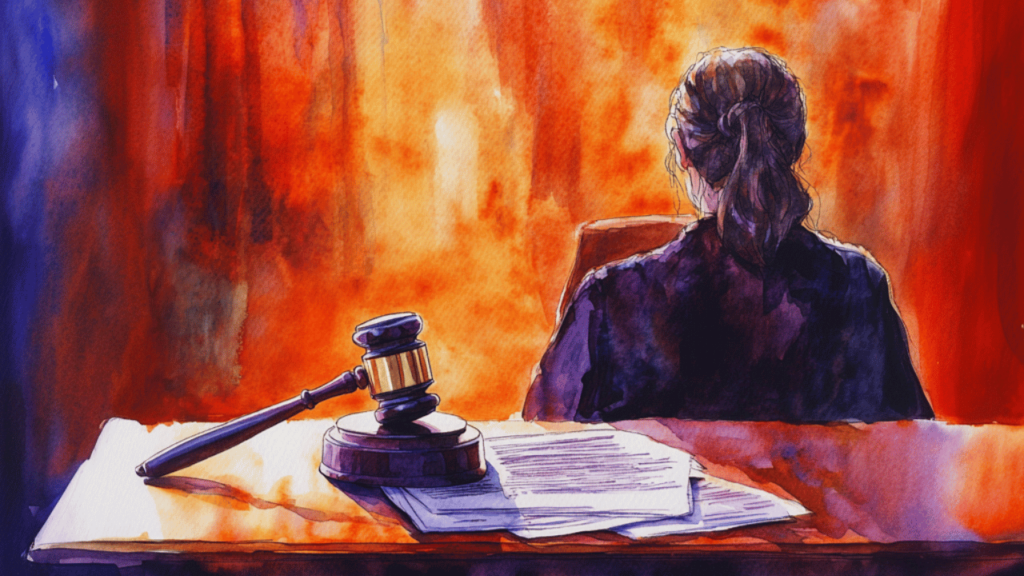Absences on Religious Holidays – Eid

Can you be absent on Eid day as a civil servant, private sector employee, or public school student? What are your rights? What does the law say? 1/ You are a civil servant: If you are a civil servant or similar, Circular No. MFPF1202144C of February 10, 2012, regarding leave of absence that may be […]
Time Limits for Appealing a Judgment Rendered by a Civil Court

When an initial decision has been rendered by a court, it can, under certain conditions, be challenged. The case is then re-examined and re-judged by an appellate court. The appeal procedure is thus based on the existence of different levels of jurisdiction. An appeal is possible when the decision specifies that it is rendered in […]
Student Cards and Religious Symbols

During the back-to-school period, many young women are forced to provide their educational institution’s administration with photos where they are ‘bare-headed’, under penalty of not being issued their student card. What does the law say? In accordance with freedom of conscience, displaying a religious symbol in higher education should not represent any obstacle, even in […]
Wedding Ceremony

A few days before my wedding celebration, a city hall employee informs me that it is mandatory to appear bareheaded during the ceremony. She specifies that it’s due to secularism: if I don’t remove my headscarf, the marriage will not be celebrated. Is this true? FALSE The principle of secularism, as well as the obligation […]
File a Complaint

What is Filing a Complaint? Filing a complaint allows a victim to inform the justice system that an offense has been committed. The facts in question must be criminalized by a text that provides for a criminal penalty. Filing a complaint is therefore unnecessary when disputes are purely civil or administrative. If the victim does […]
Direct Discrimination

What is discrimination? The general normative framework for discrimination is set by Article 1 of Law No. 2008-496 of May 27, 2008, on various provisions for adaptation to Community law in the field of anti-discrimination (amended by Law No. 2017-256 of February 28, 2017). The definition is detailed in the Penal Code, in Articles 225-1 […]
Defamation

What does the law say? Defamation is governed by the law of July 29, 1881 on press freedom, which penalizes press offenses and applies to all communication media, including the internet. Defamation is the allegation or imputation of a fact that damages the honor or reputation of a person, even if the allegation is made […]
Slanderous Denunciation

What Does the Law Say? Slanderous denunciation constitutes an offense that infringes on personality It is defined by the Criminal Code: “The denunciation, made by any means and directed against a specific person, of a fact that is likely to lead to judicial, administrative or disciplinary sanctions and that one knows to be totally or […]
Time Limits for Appealing a Decision of the Administrative Court

When an initial decision has been rendered by an administrative court, it can, under certain conditions, be contested. The case is then re-examined and re-judged by an administrative court of appeal. The appeal procedure is thus based on the existence of different levels of jurisdiction. An appeal is possible when the decision specifies that it […]
Time Limits for Appealing a Judgment Rendered by a Criminal Court

When an initial decision has been rendered by a criminal court, it can, under certain conditions, be challenged. The case is then re-examined and re-judged by a court of appeal. The appeal procedure is thus based on the existence of different levels of jurisdiction. An appeal is possible when the decision specifies that it is […]